For years, the crypto space has thrown around the term public goods when talking about funding projects that serve the broader ecosystem. But Vitalik Buterin, Ethereum’s co-founder, believes it’s time to reframe the conversation. Instead of focusing on public goods, he suggests we talk more about open source funding.
Why? Because the term “public goods” has been stretched to the point of losing its meaning. In traditional economics, a public good is something that benefits everyone but is difficult to charge—think of clean air or national defense. In the digital world, this concept extends to open-source software, academic research, and educational resources. But here’s the problem:
- Public goods funding is often seen as vague and biased. Social desirability tends to drive funding decisions rather than actual impact. The term has been co-opted by insiders who know how to play the game.
- Public good” has become a catch-all term. A quick search on X (formerly Twitter) shows countless projects branding themselves as “public goods”—even commercial ones with their own tokens. The phrase has become diluted.
Why ‘Open Source’ Makes More Sense
Rather than relying on a loosely defined term like “public goods,” Buterin argues that we should focus on something clearer: open source. Unlike “public good,” open source has a well-established definition and guidelines, thanks to frameworks like the Free Software Foundation’s definition and the Open Source Initiative.
In the digital realm, most truly valuable public goods—Ethereum clients, cryptographic research, educational resources—are inherently open source. And while not all open-source projects are public goods, open-sourcing a project undeniably contributes to the public domain in a way that is easy to measure and support.
However, not everyone agrees that open source is a better framing. Raymond Cheng, co-founder of Osbserver, argues that both open source and public goods have struggled with misuse. The Open Source Initiative (OSI) has spent decades dealing with projects falsely branding themselves as open source, much like how public goods has been overused in crypto.
He also points out that public goods has a simpler definition—non-excludable and non-rivalrous—while open source requires adhering to multiple OSI clauses. More importantly, Cheng believes public goods keeps the economic discussion front and center, which is crucial for solving the funding problem, whereas open source doesn’t inherently address funding models.
What About Physical Public Goods?
Buterin also addresses an important counterpoint: what about real-world public goods like roads, clean air, and national defense? His argument is that even in these cases, open-source principles play a role. For example:
- Research on pollution reduction techniques is often open source, making clean air more achievable worldwide.
- Decentralized infrastructure for agriculture, power, and communication can be open-sourced to help communities remain functional in crises.
- Military technology is an exception—most advancements in this field don’t make the world better as a whole. However, certain defensive technologies, like decentralized communication systems, could be open-sourced to benefit humanity.
The Shift in Thinking
Vitalik’s argument isn’t just about semantics but about creating a funding model that actually works. Open source is a tangible concept with clear definitions and a strong history. According to Vitalik, it removes the ambiguity and insider-driven biases of public goods funding and directs support toward projects that genuinely benefit the world.
While the term “public goods” isn’t going away anytime soon, this shift toward open-source funding could be a much-needed step toward a more transparent and effective ecosystem. For more information on Vitalik’s argument, click here.

